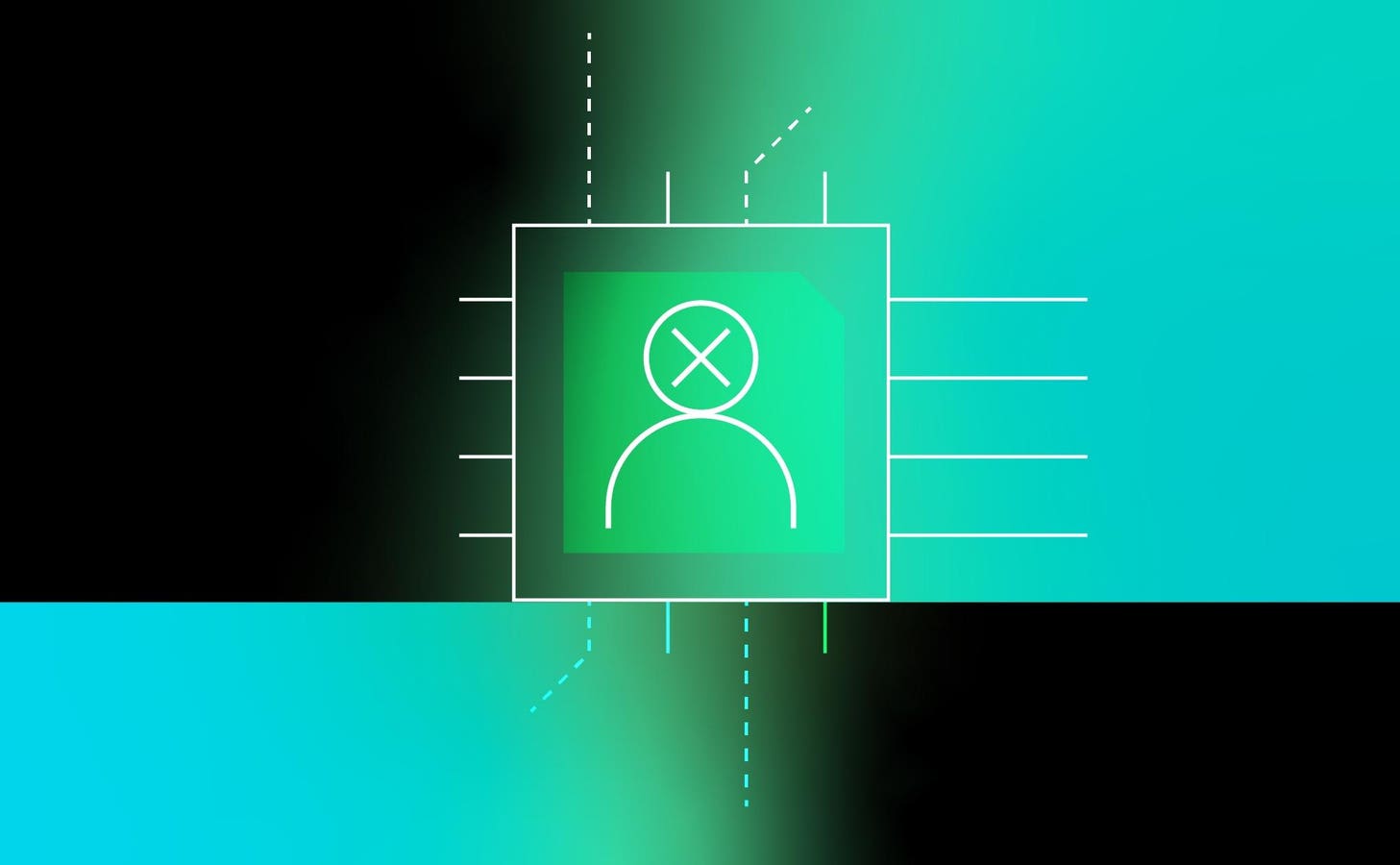2025 will be another year of CX mediocrity for most brands
It’s been a tough few years for customer experience (CX), to say the least, with 2024 seeing the quality of CX at an all-time low. Here comes the question: Why has mediocrity become so widespread?
The “low-hanging fruit” of easy CX wins has been picked, and deriving CX-based differentiation will require significant strategic investment. However, since many executives have (mistakenly) interpreted strong stock performance amid declining CX quality as a signal to maintain the status quo, they inadvertently pave the way for those committed to delivering good CX.
We hate to be the bearer of bad news, but it looks like 2025 will be another year of CX mediocrity for MOST brands. But there is a silver lining! For intrepid CX leaders ready to put things into motion, this might just be your year. Trying to break away from the pack will require commitment, but the strategic advantage in a landscape where others are holding back will be significant. Here are three of our 2025 predictions that highlight the challenges (and opportunities) awaiting CX leaders:
GenAI will displace 100,000 frontline agents from major global contractors.
The contact center outsourcing market is an unprecedented behemoth, quietly powering 62% of brands’ contact center operations. This market has historically thrived on a labor arbitrage model – yet this reliance on increasingly cheap labor is precisely what makes it ripe for generative AI (genAI) disruption. As genAI successfully automates low-complexity issues, the demand for human agents will shrink. Many contractors will reduce headcount in response, hitting lower-cost markets the hardest. In this evolving landscape, the choice for CX leaders is clear: partner with contractors who see emerging technologies as a path to evolution, not extinction. The strongest partners will adopt results-based models that directly align with customer success, marking a fundamental shift toward value over volume.
Half of accessibility efforts will have negligible CX impact.
The spotlight on digital accessibility is intensifying as the June 2025 deadline of the European Accessibility Act approaches. Despite 59% of design professionals reporting executive-backed commitment to digital accessibility, there remains a significant disconnect between intent and action. Forrester’s forecast underscores this gap: Only half these companies are expected to undertake significant efforts to increase access. The rest will use superficial measures: quick-fix products and fix-it programs that fail to make digital spaces truly accessible. The key to bridging this divide lies in incorporating accessibility principles into the design process from the start, ensuring that efforts translate into tangible benefits beyond simple compliance.
One in four CX teams will cut unused tools in favor of “good enough” enterprise suites.
On average, CX teams use four technologies and often only scratch the surface of their capabilities—capabilities often mirrored in the enterprise stacks their organizations already use. This overlap has caught the attention of IT departments eager to reduce redundancies and software costs. Forward-thinking CX leaders will go one step further, choosing to trim the fat themselves by embracing function-first procurement strategies. They will settle for “good enough” enterprise solutions for convenient but necessary functions such as post-interaction surveys and conversational analytics. This will free up resources to invest in technology to meet their most pressing challenges: connecting CX improvements directly to business outcomes and effectively acting on customer insights.
Download for free Predictions Guide for B2C and CX marketing leaders, which covers more of our top predictions for 2025. Get additional resources, including webinars, atPrediction Center 2025.
This post was written by VP, Principal Analyst Christina McAllister and appeared first here.

